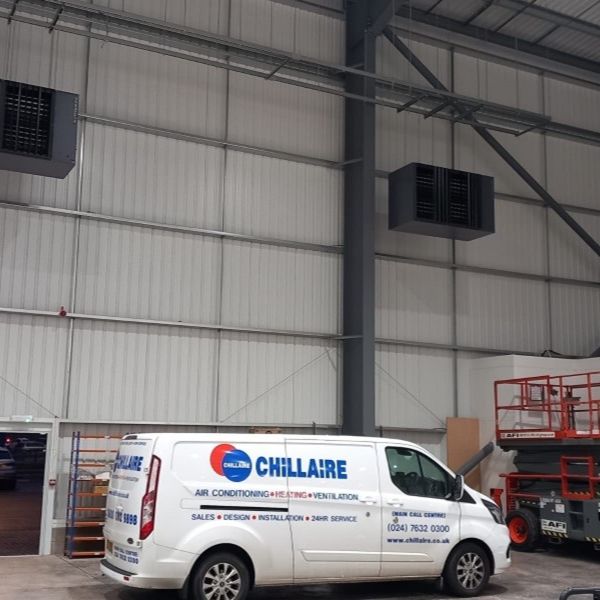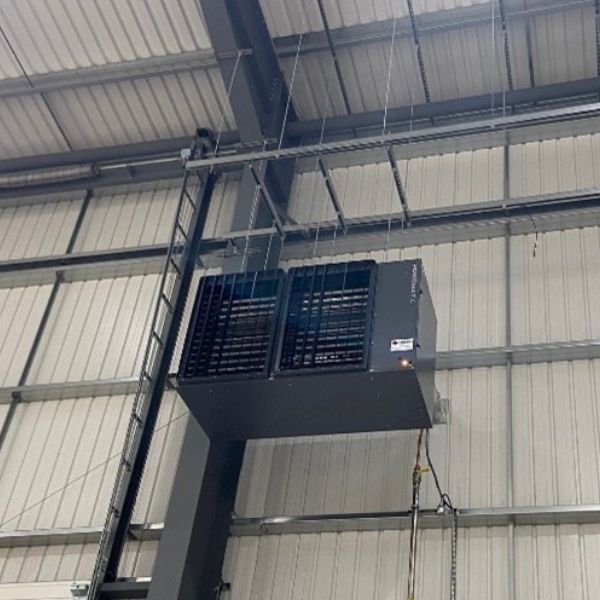
When Do I Need an Air Conditioner Replacement?
At Chillaire, we’ve helped countless businesses decide when it’s time for an air conditioner replacement. With years of hands-on experience, we know a new AC unit can make all the difference in comfort and efficiency. If you’re wondering when to replace your AC unit, you’re in the right place.
In this article we cover:
- The signs that you need an AC system replacement
- When to replace your AC unit
- The best time of year for installation
- Planning your AC installation
Recognising the Signs
Deciding to replace your unit is not an easy decision. Look out for these warning signs:
- Frequent Breakdowns: Regular repairs indicate an aging system.
- Rising Energy Bills: Increased energy use could mean your AC unit is operating inefficiently.
- Uneven Cooling: Some rooms feel warmer than others.
- Unusual Noises: Strange sounds suggest internal wear and tear.
- Age of Unit: If your system is 10–15 years old, it may be time for a new AC.
- Costly Repairs: When repair costs are frequent, replacement could be a smarter choice.
These indicators help you decide whether to invest in an air con replacement rather than sinking more money into constant fixes.
When to Replace Your AC Unit
Knowing when to replace your air conditioning is crucial for avoiding inconvenience and extra expenses. Instead of waiting for a complete breakdown, keep an eye on your system’s performance. If you find yourself repeatedly calling for repairs, it’s a clear signal that replacing AC might be the better long-term investment. An AC system replacement restores efficiency and maintains a comfortable environment in your home or commercial space.
The Best Time to Install a New AC
Timing matters when planning your new AC installation. At Chillaire, we know the best time to buy and arrange installation of an AC unit is during the off-peak seasons. Consider these periods:
- January to April: Cooler weather means service providers have more availability.
- October to December: As temperatures drop, installations become less hectic.
During the busy mid-summer months, companies are extremely busy. This peak period often leads to longer wait times and higher costs. Choosing the quieter months gives you better scheduling flexibility and sometimes even lower prices.
Expert Advice in Practice
Years of experience at Chillaire have taught us that waiting too long to replace a failing unit leads to higher costs and more stress. A small issue today can signal bigger problems down the road. That’s why we always advise a professional assessment if you suspect your system is underperforming. A detailed inspection can confirm whether replacing AC is the best solution.
Chillaire offers a full range of services in Coventry and the surrounding areas to assist you with this process. From repairs to installation and servicing to maintenance, we ensure your system runs efficiently. Whether you’re considering a repair or a full AC system replacement, getting a professional opinion is always valuable.
Planning Your New AC Installation
Once you’ve decided that an air conditioner replacement is necessary, planning ahead will really help you have a smooth process. Here are some steps to help you prepare:
- Research Your Options: Compare models and features that improve energy efficiency.
- Schedule a Consultation: A professional assessment ensures you choose the right system size.
- Plan Ahead: Book your installation during the off-peak months for better availability.
- Maintain Your System: Regular check-ups after installation keep your new AC running smoothly and ensure longevity.
This approach protects your budget and keeps your home comfortable all year round.
Trust Chillaire for Your Air Conditioning Needs
When it comes to your home comfort, you need a partner you can rely on. At Chillaire, our experts have decades of experience ensuring your AC runs smoothly. Whether it’s repairs, installation, or maintenance, we provide 24-hr service and repairs that keep your system performing at its best.
Your comfort is our priority. Reach out today for a free consultation and see how our trusted services can make a difference.
Contact us today or visit Chillaire to schedule your appointment.



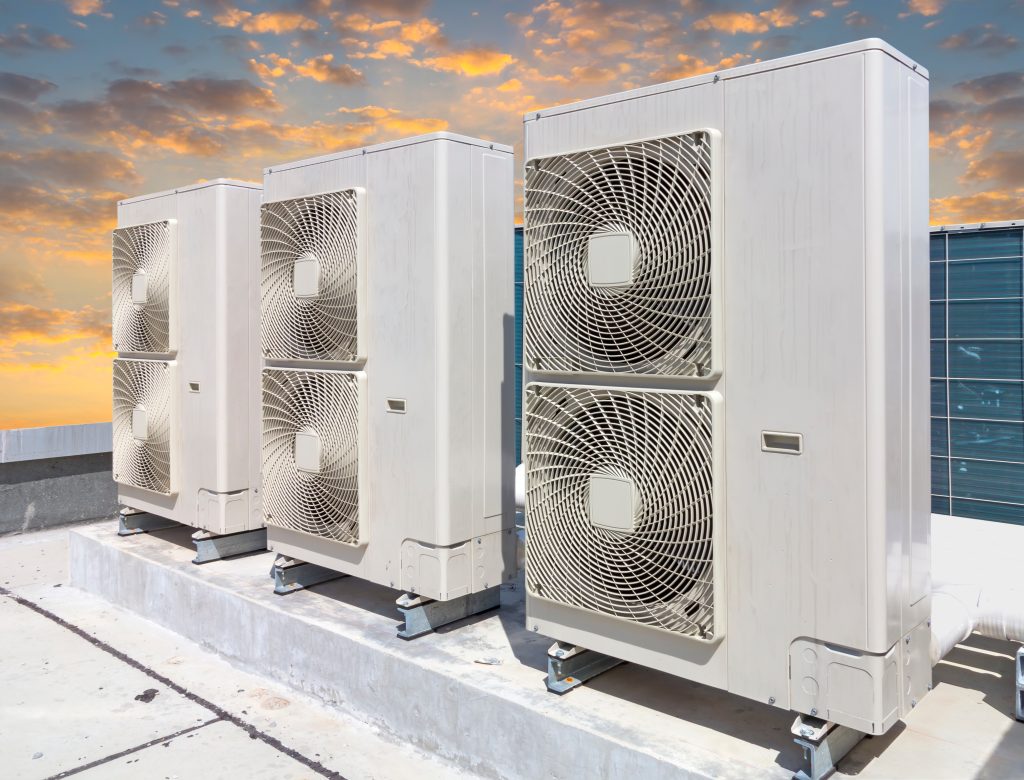
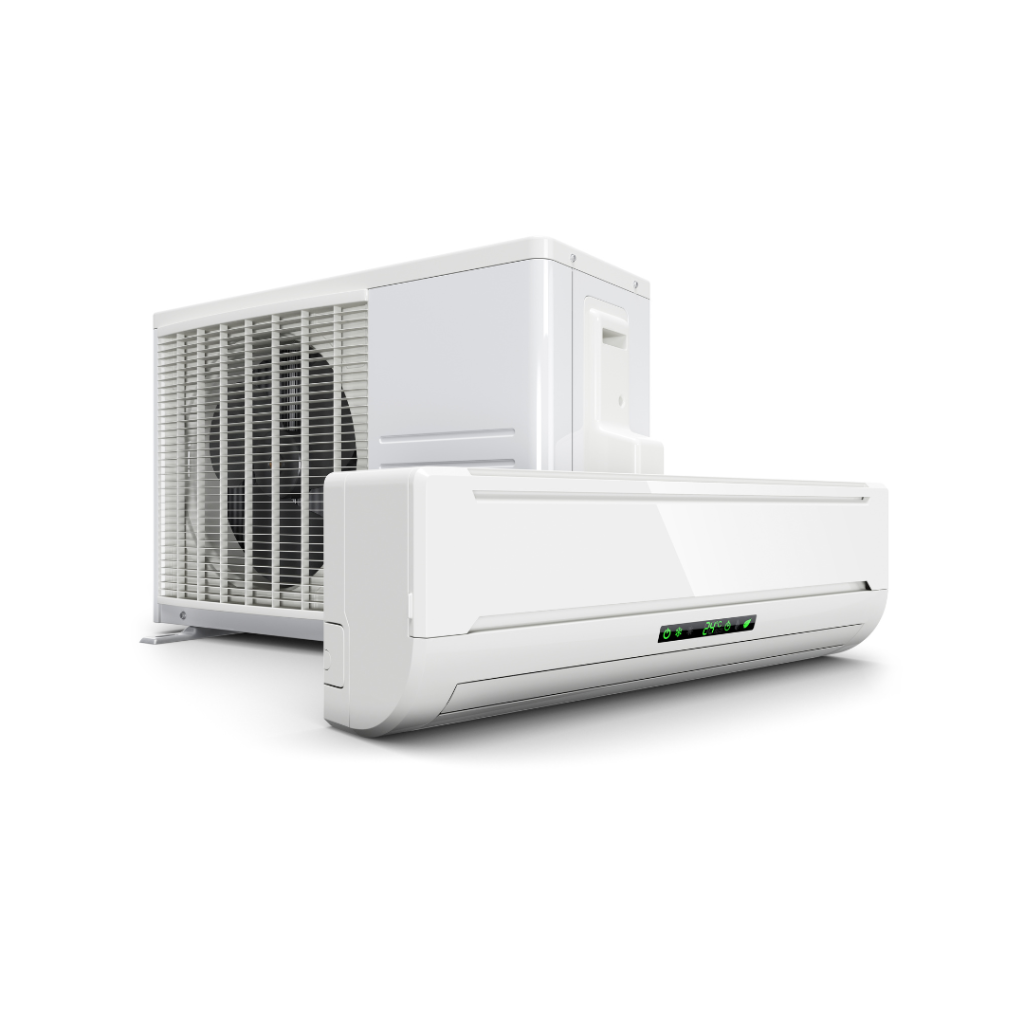
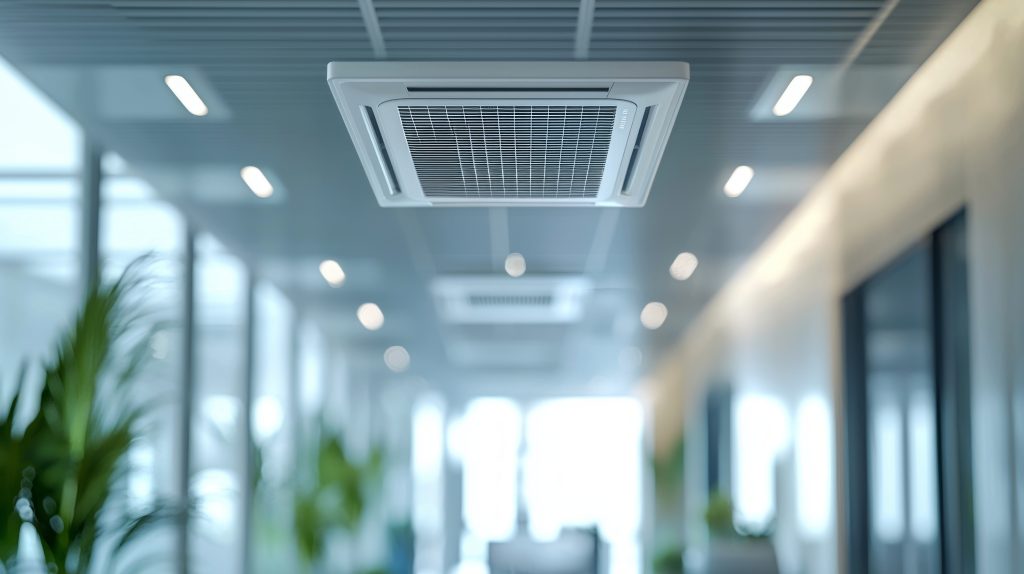
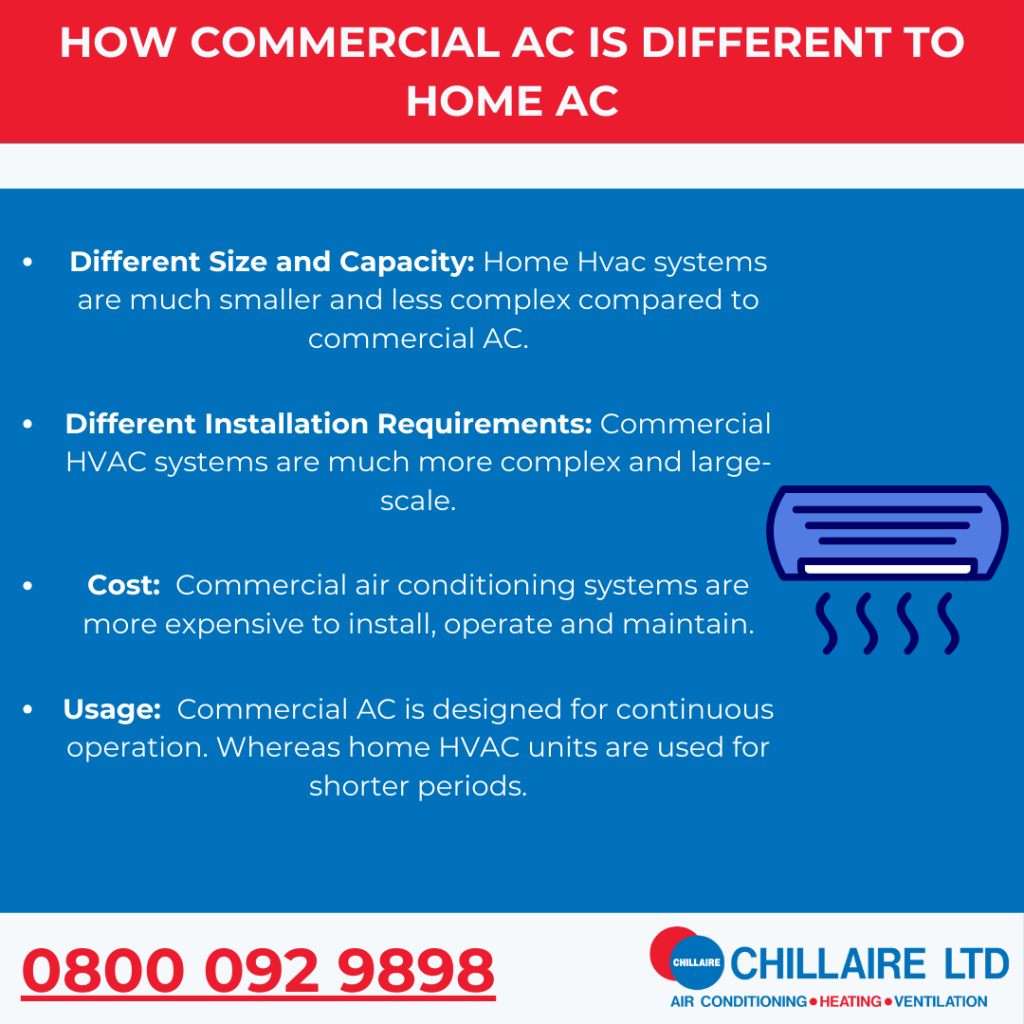

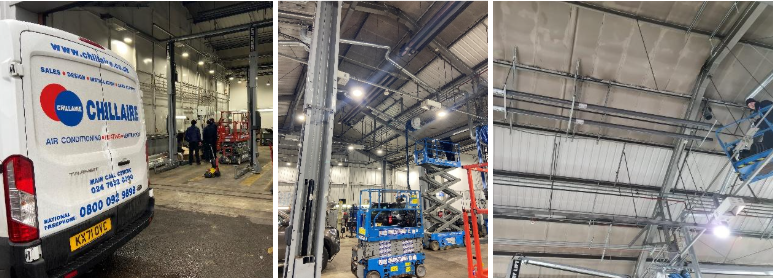
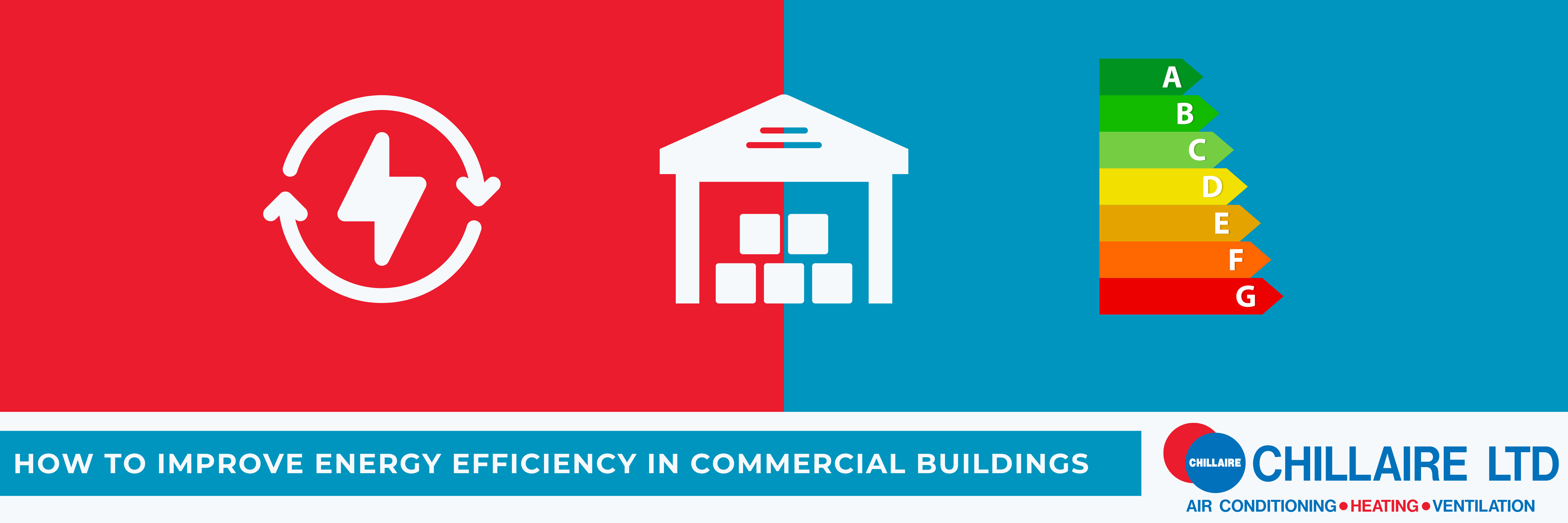
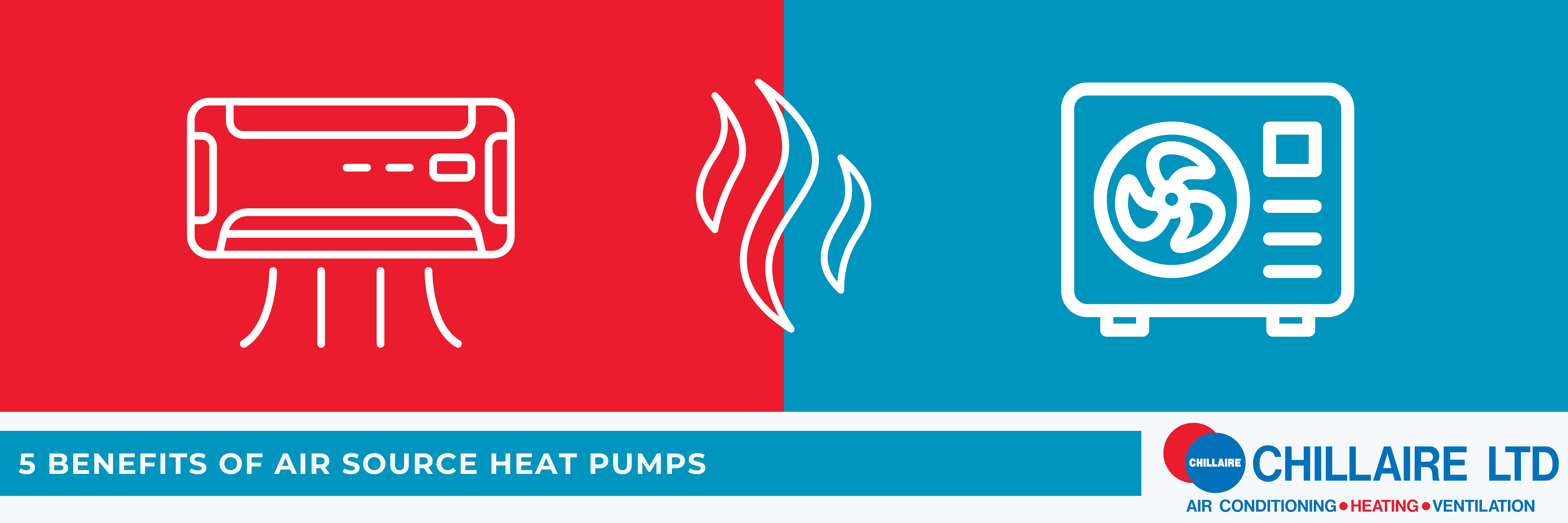
 How to Choose the Right Commercial Heating System
How to Choose the Right Commercial Heating System

